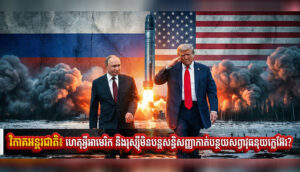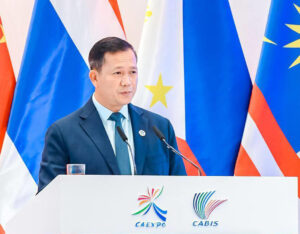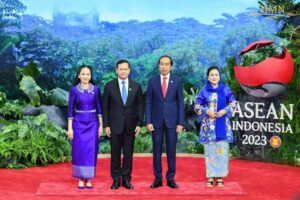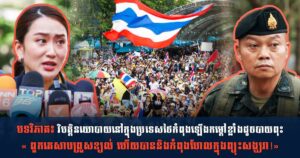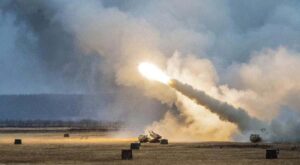Opinion: Cambodia’s Requests Were Not Interference—but Bangkok’s Accusations Are Politically Charged
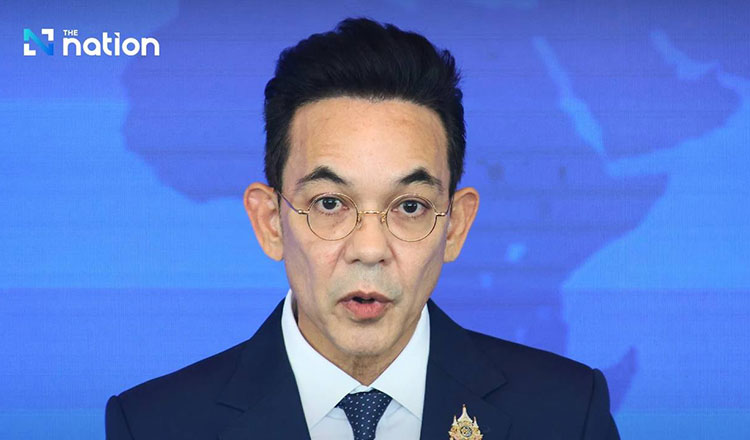 Opinion: Cambodia’s Requests Were Not Interference—but Bangkok’s Accusations Are Politically Charged
Opinion: Cambodia’s Requests Were Not Interference—but Bangkok’s Accusations Are Politically Charged
Khmer Times | In its July 2 statement, Thailand’s Foreign Ministry spokesman, Nikorndej Balankura, accused Cambodia of violating the ASEAN Charter, the UN Charter, and international law—simply because Cambodia’s leaders suggested Thailand consider new leadership to resolve the border dispute. The claim—republished by The Nation—is not only legally unfounded, it is transparently political, aimed at deflecting from Thailand’s own failures.
ASEAN’s “Non-Interference” Principle Is Misapplied
The ASEAN Charter emphasizes non-interference in the internal affairs of member states—but it also mandates peaceful dialogue and upholding international law. Cambodia’s comments were not covert political meddling; they were public expressions urging regional responsibility and resolution. Criticism rooted in safeguarding sovereignty and peaceful borders is hardly “interference”—it is part of the ASEAN mandate itself.
Cambodia’s Calls Echo Genuine Security Concerns
Prime Minister Samdech Hun Manet affirmed these remarks were defensive: a reaction to “accusations and insults from Thailand,” not an act of aggression. After troops exchanged fire on May 28, resulting in a Cambodian soldier’s death, Cambodia’s leaders expressed concern—not intent to overthrow Thailand’s government. Addressing such instability is consistent with ASEAN’s commitment to peaceful resolution, not violation of it.
Why This Accusation Is Politically Motivated
This deflection serves multiple purposes: Shielding Thailand from accountability: Thailand refuses to pursue legal avenues (e.g., ICJ), yet publicly condemns Cambodia for speaking out. Shifting attention from Thai instability: With a leaked June 15 call exposing internal dissent and military tensions in Thai politics, Cambodia’s suggestions about leadership become a convenient scapegoat. Reframing Cambodia as the “aggressor”: Thailand has closed checkpoints, restricted access, and moved troops—then accused Cambodia of meddling simply for strategizing on resolution.
In Practice: Cambodia Seeks Peaceful, Lawful Solutions
Cambodia supports ICJ adjudication, consistent with its historic Preah Vihear case, highlighting its commitment to legal clarity. Cambodia’s leadership warned Thailand, but also engaged through diplomatic channels—including calls for dialogue and restoration of status quo ante on border access. Cambodia has chosen restraint over retaliation, even with “evidence of Thailand’s provocations”—a stance grounded in sovereign dignity, not aggression.
A Genuine Path Forward
Thailand’s accusations reveal an unwillingness to address the core dispute. Cambodia urges Thailand to: Own up to the May 28 shooting and troop movement, Engage substantively in legal channels like the ICJ, instead of unilateral action, Abandon politically charged rhetoric, and re-embrace ASEAN’s principles of diplomacy and accountability.
For regional stability—and to honor ASEAN’s flagship principles—Thailand must stop deflecting blame and start practicing genuine neighborliness.
By Roth Santepheap, Geopolitical Analyst based in Phnom Penh, Cambodia. The views and opinions expressed are his own.

